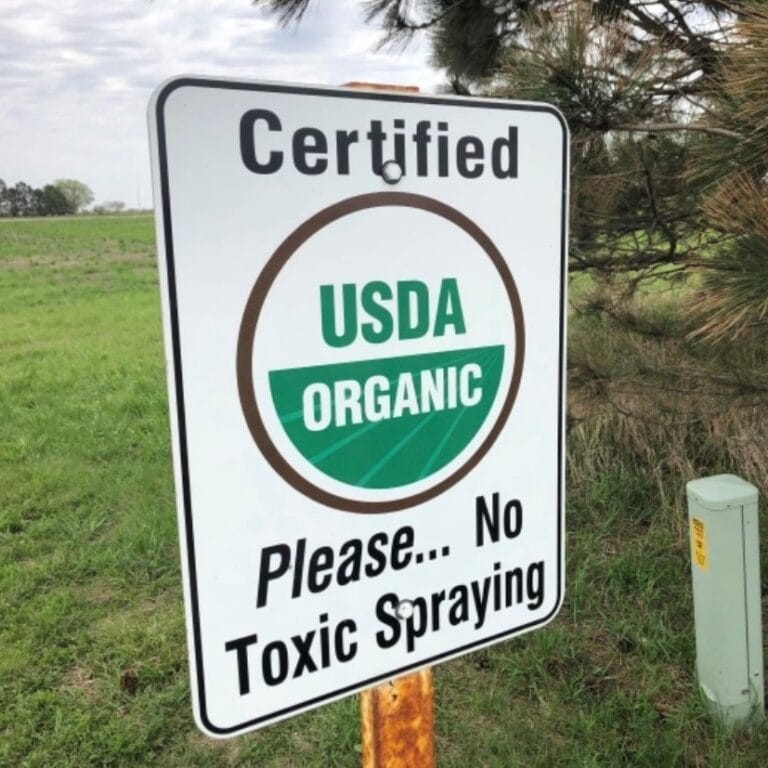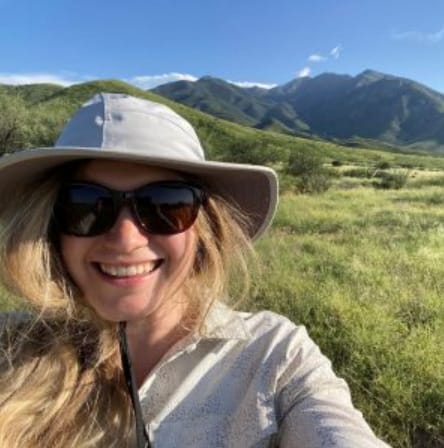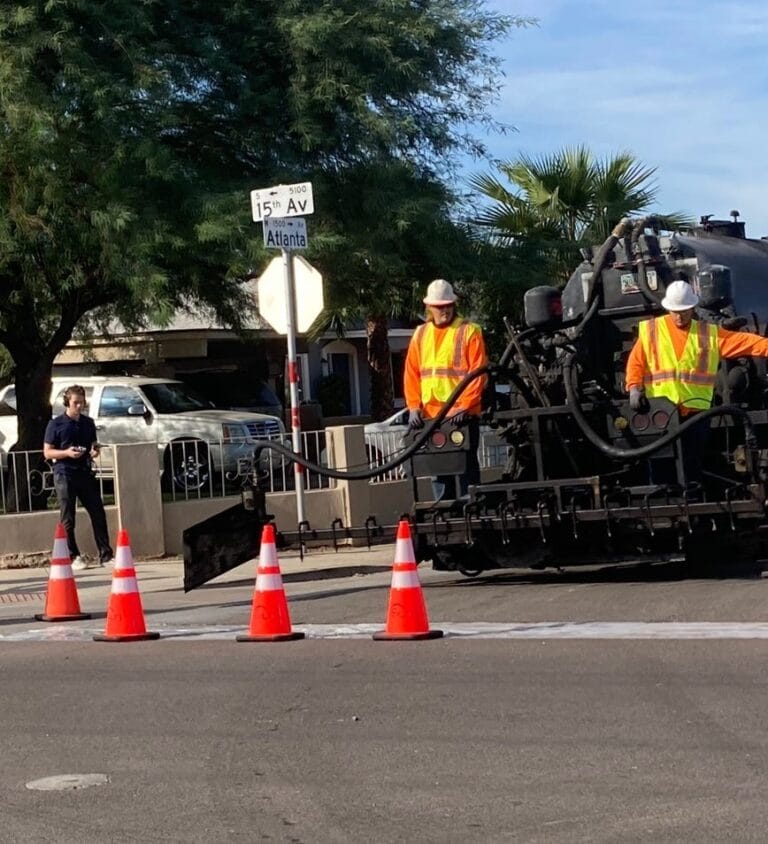Unlike the US, Europe is setting ambitious targets for producing more organic food
Julie Ann Wrigley Global Futures Laboratory

Unlike the US, Europe is setting ambitious targets for producing more organic food
President Joe Biden has called for an all-of-government response to climate change that looks for solutions and opportunities in every sector of the U.S. economy. That includes agriculture, which emits over 600 million metric tons of carbon dioxide equivalent every year – more than the total national emissions of the United Kingdom, Australia, France or Italy.

Scientific American takes interest in ASU drylands research
Global Drylands Center’s Osvaldo Sala and Celina Osuna collaborated with Ed Finn, Director of ASU’s Center for Science and the Imagination (CSI), and co-authored a piece for Scientific American to celebrate the premiere of Dennis Villeneuve’s epic adaptation of Dune and take the opportunity to shed light on the beauty and biodiversity of the earth’s deserts in the face of common misrepresentations.
Info of Interest – October 28
SCN Info of Interest – October 28, 2021 October's SCN Info of Interest was sent out via email. Includes info on: AZ Heat Resilience Workgroup Meeting, 2021 Arizona Energy Future

Meet Swette Center staff member, Colleen Hanley
In this series, we’re meeting with Swette Center team members to explore their background in food systems, what they are currently working on, and their vision of food systems transformation.

The economic development power of clean energy in Arizona
Can clean energy be a contributor to benefit economic growth? In our recent webinar LightWorks poses this important question to local community and utility leaders and learned of two main factors that contribute to desirable economic growth: 1. They create more jobs per-dollar invested than traditional technologies and 2. They primarily use local resources; most of the energy dollars circulate in the local economy

Working collaboratively for healthy food access in Flint, MI
A truly sustainable food system is a food system that provides healthy food for all communities. In my food systems career in Flint, MI, I have observed that adequate nutrition is especially important in a community that has been subject to environmental injustice and social inequality. The Flint Water Crisis and COVID-19 pandemic have both highlighted that in order to support community-wide health in Flint, a sustainable local food system that provides equitable access to healthy options must be cultivated.

South Phoenix streets get reflective coating to reduce excessive heat
The second phase of Phoenix’s Cool Pavement Program in south Phoenix has kicked off.
Bermuda Institute of Ocean Sciences joins ASU's Global Futures Lab
Partnership will help researchers better understand ocean health; ASU now has two research centers devoted to monitoring Atlantic, Pacific In a major development in the bid to deepen the understanding

Bermuda Institute of Ocean Sciences joins ASU's Global Futures Lab
Partnership will help researchers better understand ocean health; ASU now has two research centers devoted to monitoring Atlantic, Pacific In a major development in the bid to deepen the understanding

Meet affiliated faculty Joni Adamson
Read on for an interview with Dr. Joni Adamson, President’s Professor, Environmental Humanities, Department of English, College of Liberal Arts and Sciences, & Distinguished Global Futures Scholar, Global Futures Laboratory.
Decarbonizing data centers
The world runs on data. On an average, every second of the day, each person produces 1.7MB of data. This implies nothing else but that data centers are the fastest

Race to Zero: The next decade will decide the future of humanity
The stakes to address climate change have never been higher. The wellbeing of the planet, its ecosystems and people hang in the balance and their fate will be determined by